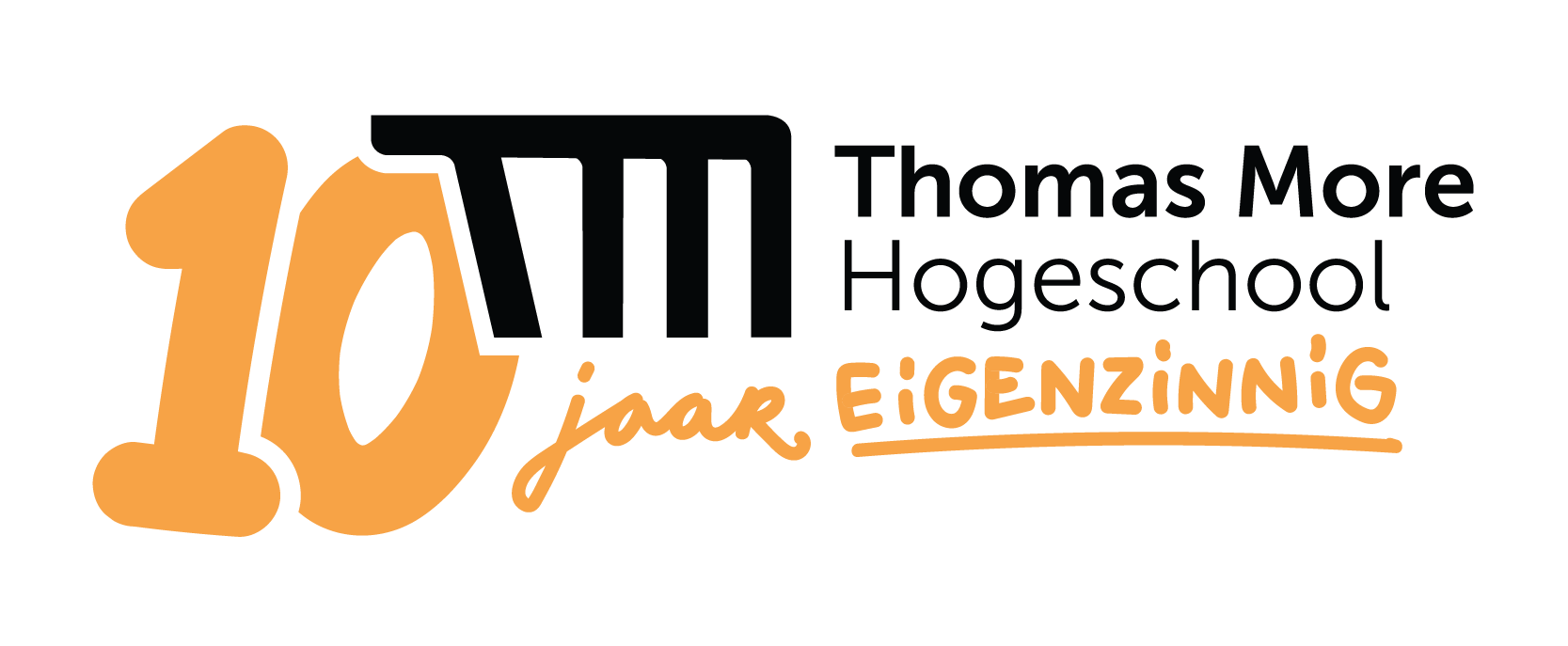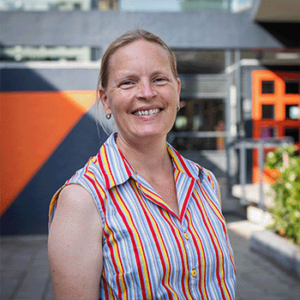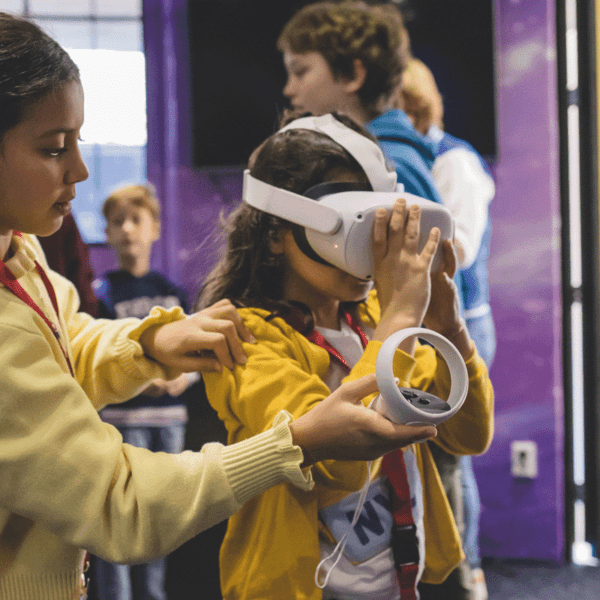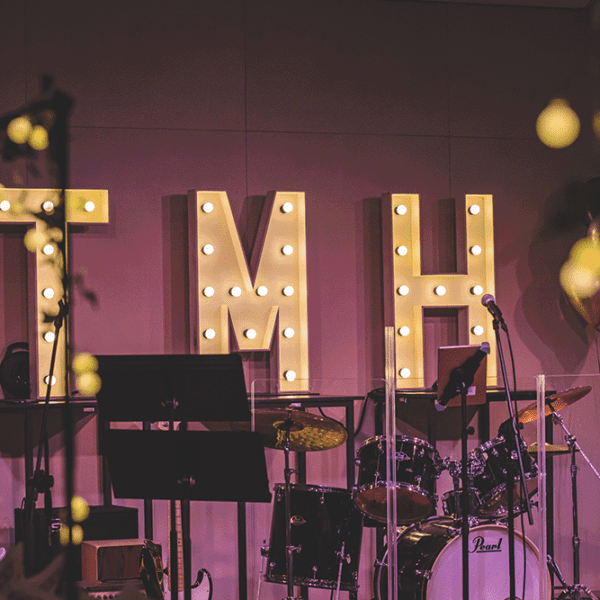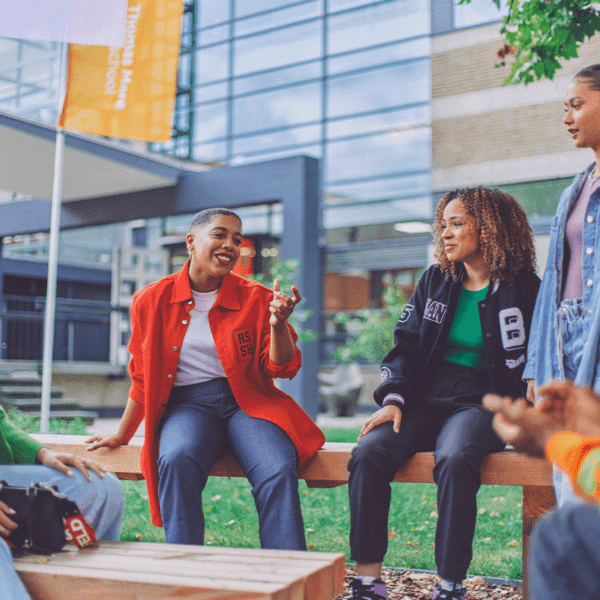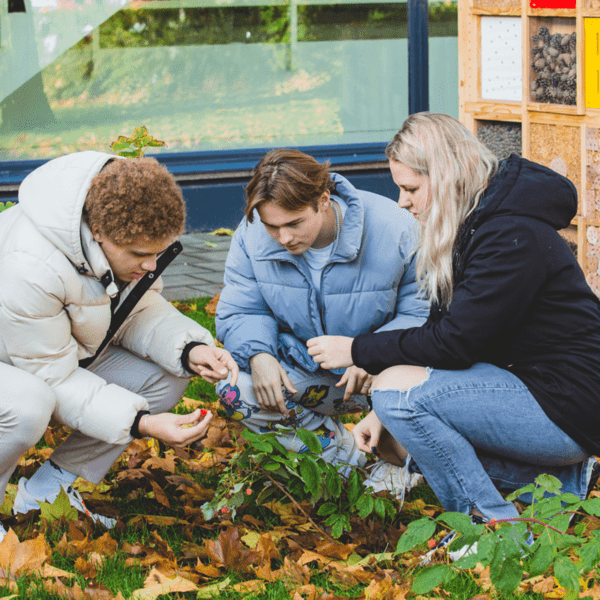How can we make sure all children can learn and grow in education? This may be the core question for all teachers. In the course Inclusive & Special Needs Education we look into that question by discussing multiple perspectives and practices concerned with working with diversity among students in school. All children are different. In the classroom we may encounter neurological, physical, social, and cultural diversity among our students. In order for all children to be able to learn and grow, we need to design learning environments that can answer to this diversity. When and how do we design for inclusive or adaptive education, in which all children and their dis- and capabilities and needs are welcome in the regular classroom? A learning environment in which differentiation and connection are key in curriculum content, learning activities and strategies and socialisation? When do we design for special education, in which children with specific dis- and capabilities and needs are offered special classrooms or schools? A learning environment in which customization and expertise are key curriculum content, learning activities and strategies and socialisation? And, how can we work together with children’s families and other professionals to ensure children can develop into healthy and happy people as they walk their way through childhood and school? This course discusses existing knowledge and practice to support upcoming teachers to develop their personal and professional skills for inclusive and special needs education.
Culture, Inclusion and Environment
Minor CIE is een afwisselende minor, waarin je verschillende vakgebieden verbindt aan het basisonderwijs. Alle onderdelen worden in het Engels gegeven en naast studenten uit Nederland volg je de bijeenkomsten met Internationale studenten.
Inclusive and special needs (10EC)
Glocalization, Global and Local perspectives on Education in the Rotterdam region (5EC)
The Netherlands have a special relationship with water, its benefits and dangers. Since Rotterdam is part of the country which is below sea level, it is tremendously important to sustain the relationship with water and demonstrate how to stay in control. This connects well with the international Sustainable Development Goals, which find their way to the classroom more and more.
Rotterdam is a multicultural environment. Diversity shapes the city and has to find ways to guide differences of opinion. It is the place to be how to become a true global citizen. This is both challenging and exciting for education. With this module you will not only learn about these subjects yourself, but also how to work with them in the classroom.
English in the classroom (5EC)
English is an international language, in order to be a true global citizen it is necessary to be able to communicate in English. The younger the child gets used to a foreign language, the more natural the language will be. For non-native speakers it might be a great challenge to speak English at school and get at ease with Classroom English as well. In this module you will be challenged to speak English all the time, to communicate with other students and feel more comfortable with the language. Furthermore you get tools how to help children to develop the English language in an active and playful way.
Music (5EC)
Music plays an important role in every persons life. Some play an instrument or like to sing, others just enjoy listening to music. Whatever your personal expertise or experience, music has the ability to celebrate, to comfort and to connect. For this reason it should have a key role in education.
During this module you will develop your appreciation for music, become more active and you get the chance to learn how to play the guitar. Developing your technical skills at singing and learning more songs is part of the program as well. All to make sure you feel well educated to use music in the classroom as well and make sure children develop their active and receptive musical skills.
Art and Culture (5EC)
Visual Art is something human beings do. Images of our ancestors go back for more than 30.000 years BC. Far before written language existed, people felt the urge to make images. Art is a way of reflecting, confronting and enjoying life. It is an essential way to express feelings, develop creative thinking and enhance imagination. As part of this process you need to learn technical skills, how to design something and to experiment with materials. In order to give lessons to children you need to know how to organize an Art lesson, to design assignments which give space to children to design themselves and use their imagination. Organizational you need to be in control, at the same time you need to let go in the artistical process. This contradiction is complicated, challenging for the teacher and at the same time possible to be learned and practiced. The more you do it, the better you will get.
Toetsing, lesdagen en aanmelden
Toetsing
Elke module wordt afgesloten met een portfolio, van de opdrachten, producten, verslagen en ervaringen. Je rondt het per module af.
Herkansing
De herkansing bestaat uit het verbeteren of aanvullen van het deel dat niet behaald is.
Lesdagen
Contacttijd: doorgaans een dagdeel per week, aangevuld met contacttijd op persoonlijke afspraak, alsmede praktijkgerelateerde afspraken. De lesdag is nog niet vastgesteld.
Stage
Om goed te kunnen oefenen wat je in de modules leert, zal er ook een stagecomponent zitten in deze minor. Dit betekent dat je geplaatst wordt op een stageschool uit het convenant van de TMH of dat je zelf een school zoekt als dit beter uitkomt. Dit gaat altijd in overleg.
Literatuur wordt aangereikt binnen de verschillende modules en zal terug te vinden zijn in de Onderwijswerkplaats (OWP) van de TMH.
Is de minor CIE iets voor jou?
Ben je benieuwd naar meer info over de minor Culture, Inclusion and Environment? Tof! Laat weten dat je interesse hebt via de link.
Neem dan contact op voor meer informatie.
Agenda
Het echte Thomas More-gevoel kun je beter in het echt ervaren, dus bekijk onze agenda voor alle evenementen!
Naar de agendaMeld je aan voor de open dag
Benieuwd naar jouw reis tot leerkracht bij onze pabo? Ontdek het zelf tijdens de volgende open dag. Onze hogeschool is dan een speelveld van experiences, voorlichtingen, een pabo markt en nog veel meer. Je vindt ons op 300 meter van Rotterdam Centraal Station. Voel je welkom en meld je aan!
